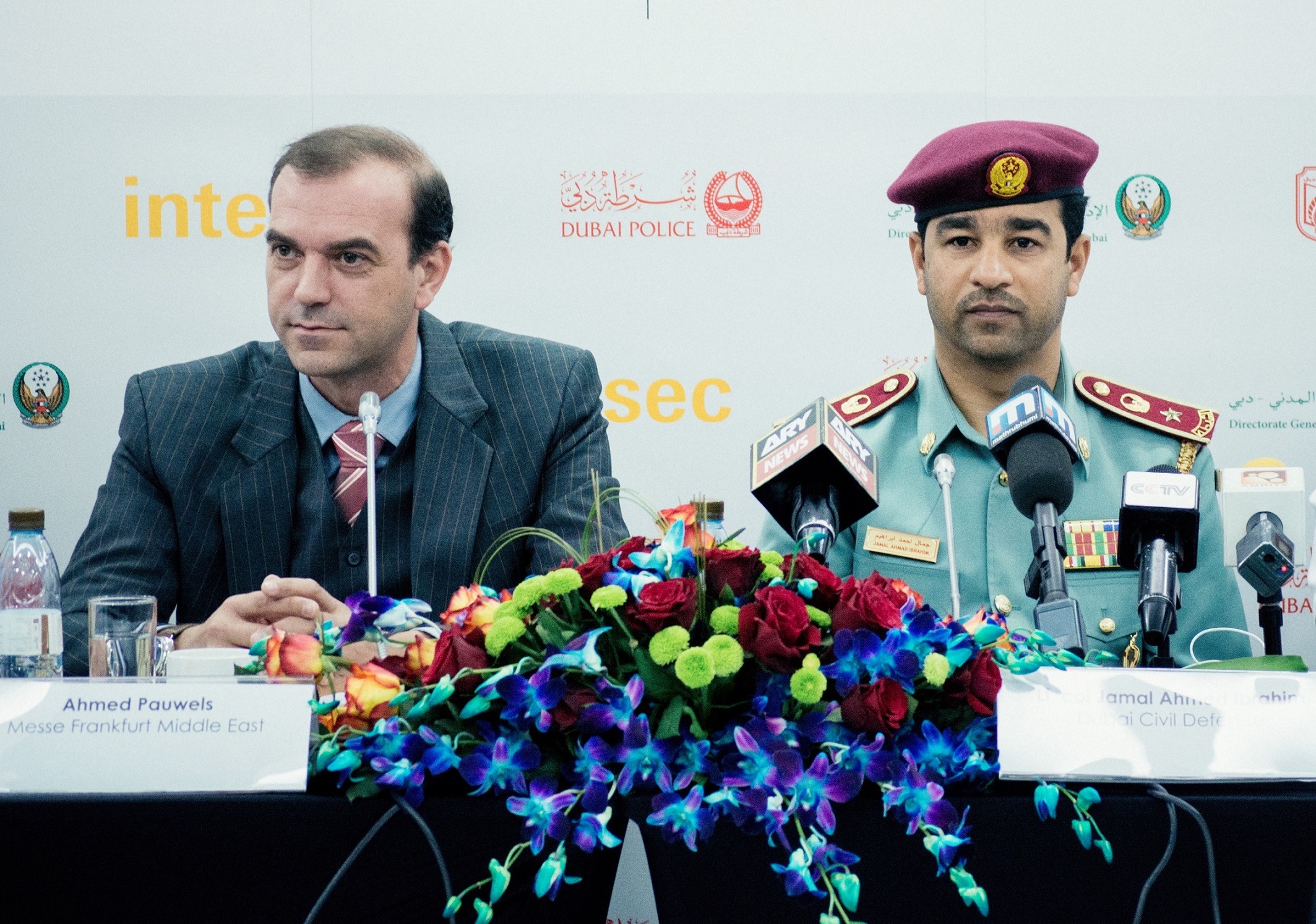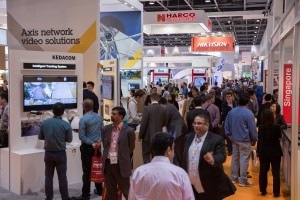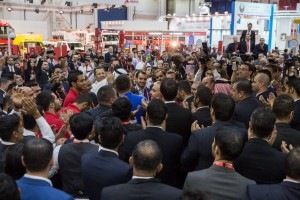
INTERSEC 2016: Spending on Middle East physical security market set for 36 per cent boost in 2016, valuing US$5.2 billion
Surge in demand for security equipment comes as largest ever edition of Intersec features 1,290 exhibitors from 55 countries
Dubai Civil Defence to showcase new ‘Smart Services’ at 18th edition of three-day event
 Dubai, UAE – Spending on the Middle East physical security market is set to surge by 36 per cent in 2016, as infrastructure investment coupled with increased urbanisation fuels demand for equipment to protect critical assets and people, according to new research.
Dubai, UAE – Spending on the Middle East physical security market is set to surge by 36 per cent in 2016, as infrastructure investment coupled with increased urbanisation fuels demand for equipment to protect critical assets and people, according to new research.
Global analysts Frost & Sullivan estimated the regional demand for physical security equipment will be worth US$5.2 billion in 2016 compared to US$3.8 billion in 2015.
Physical security solutions such as intruder alarms, video surveillance, electronic locks, perimeter protection, door alarms, access control protocols and identification systems are in high demand, while the rise of Internet of Things (IoT) will mean an increase in smarter and networked systems available in the market.
According to Frost & Sullivan, the intensity of investment is expected to peak during the next two years toward 2020, when spending on physical security will reach US$10.2 billion, comprising 10 per cent of the global market.
The figures were announced today at a press conference in the lead-up to Intersec 2016, the world’s leading trade fair for security, safety, and fire protection, taking place next week from 17-19 January at the Dubai International Convention and Exhibition Centre.
The 18th edition of the three-day event will open 10 per cent larger than the previous year, featuring 1,290 exhibitors from 55 countries, and spanning 50,000sqm of exhibition space.
According to organiser Messe Frankfurt Middle East, Intersec 2016 will be the most internationally representative ever, while UAE exhibitor participation is also at an all-time high, growing eight per cent over the previous year, with 217 exhibitors covering 10,400sqm of exhibition space.
Ahmed Pauwels, CEO of Messe Frankfurt Middle East, said: “Trends such as the Internet of Things is having a significant impact on the regional security, safety and fire protection industries, where products and services are increasingly becoming interconnected and ‘Smart’.”
“This is especially true in Dubai – the home of Intersec for the last 17 years – where our ruler, His Highness Sheikh Mohammed bin Rashid Al Maktoum recently issued a decree to establish the Dubai Smart City Office, a new government body facilitating Dubai’s efforts to transform itself into the smartest city in the world.”
“With this in mind, we’ve introduced a new Smart Home section at Intersec 2016 as a starting point to showcase technologies that support smarter, safer, and more energy efficient buildings in Dubai, the UAE, and the wider Middle East.”
Smart Home along with Physical & Perimeter Security are the latest additions to the five other core sections at Intersec 2016 of Commercial Security, Fire & Rescue, Safety & Health, Homeland Security & Policing, and Information Security.

The biggest growth year-on-year is recorded in the Fire & Rescue and Information Security sections; with 374 exhibitors, Fire & Rescue increased in size by 27 per cent year-on-year, while 40 exhibitors in Information Security means the fast-growing section dedicated to combating cyber threats has doubled in size in both exhibitor numbers and exhibition space.


